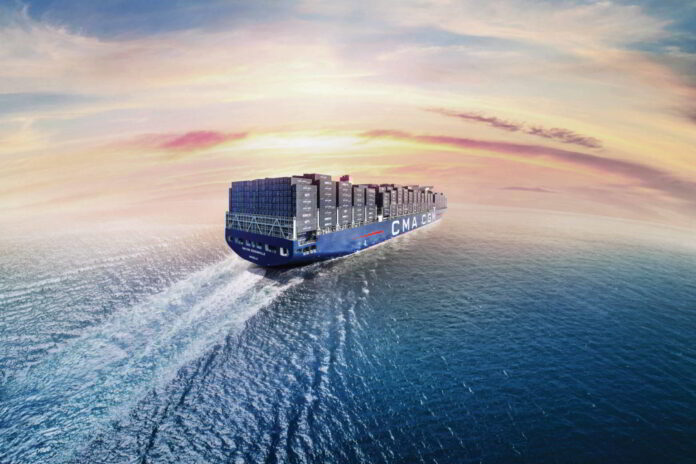As the world continues to deal with the COVID-19, other areas of the world are recovering enough to start finger-pointing and passing off blame for disruptions caused by the global pandemic. Or at least discussions are taking place. In an article covering this topic, Greek shipping and trade executive, Victor Restis, indicates that although there were strains to the supply chain, it mostly held strong.
It seems that one of the most significant issues was port safety. In the maritime industry, more than two million seafarers are traversing the seas and oceans aboard large cargo vessels. As these vessels travel from port to port, scheduling is a huge undertaking that requires the best that logistics has to offer. As the virus shut down borders and related ports, ships were unable to unload cargo, and a domino effect occurred. The question raised in the article is when disruptions like this happen, which entity bears responsibility?
It doesn’t seem very cut and dry, given that the reason for the disruption is a worldwide pandemic that is hindering everything. But, Restis points out that there are contracts between companies for nearly every touchpoint of the supply chain and the responsibilities – despite the virus – may contractually fall in favor of one company over another.
The other potentially legally quagmire is the issue of port safety. When is a port deemed unsafe? And how does it handle incoming scheduled vessels? And if that port is consideredhazardous and ships cannot dock, what happens to the ships behind them? Remember, this is a tightly scheduled process that runs smoothly on most days – well, coronavirus has given us anything but “most days.” The legal questions start piling up just as much as the undelivered cargo.
With an industry as gigantic as international shipping and trade, I am sure there are teams of thousands of people working these problems and re-directing vessels to other ports that are deemed safe. As a civilian, I did not experience any mass shortages of food or supplies because of the coronavirus (not counting toilet paper and hand sanitizer, which was more of a manufacturing and hoarding issue that supply chain).
Interestingly, there is a law called Force Majeure that provides protections between contract parties and maybe what is used to sort through the legal madness caused by COVID-19. Force Majeure bears the burden of proof to translate what the pandemic caused and how maritime/international/contractual law all play together.

















